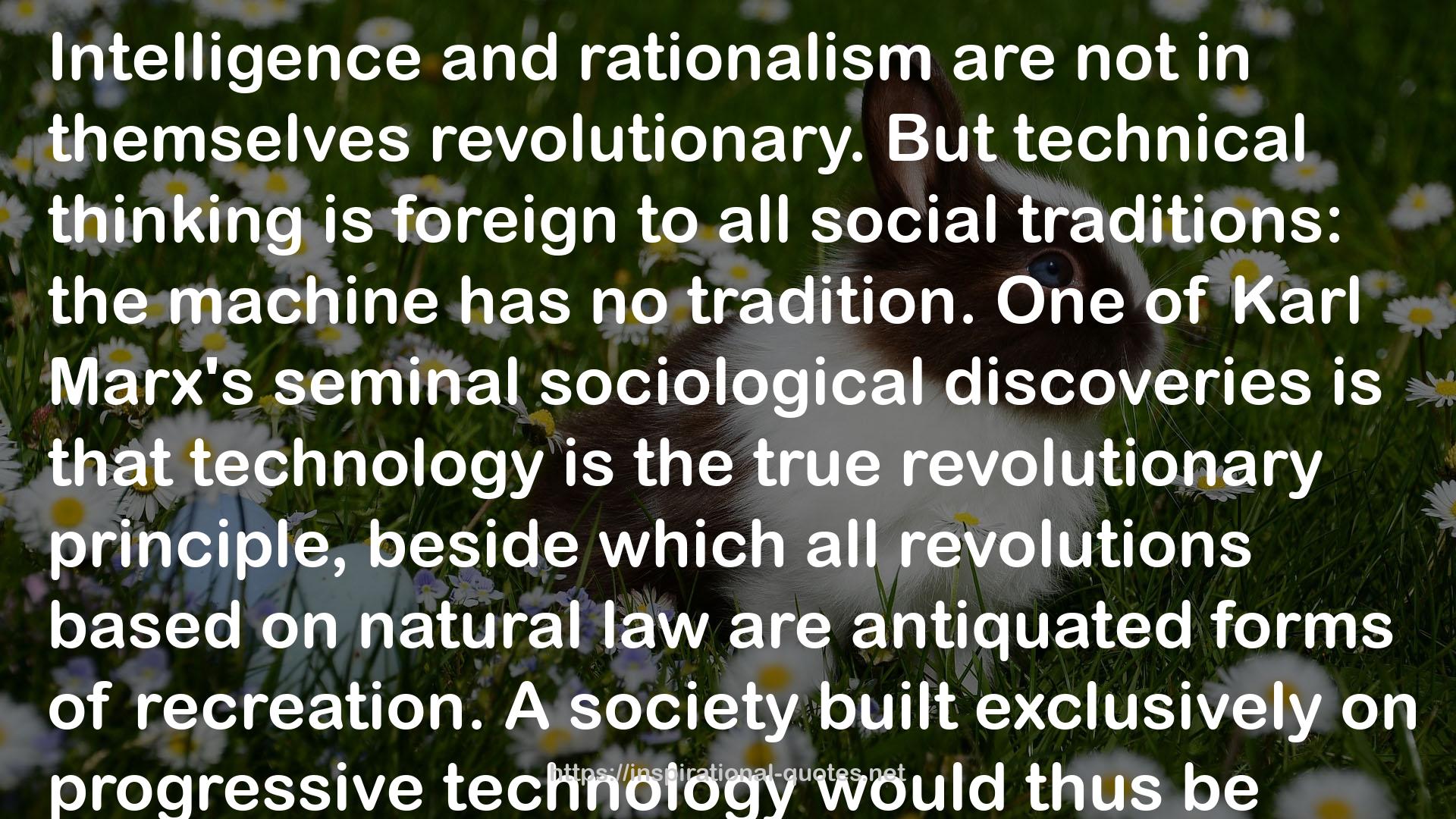Roman Catholicism and Political Form QUOTES
SOME WORKS
- AFTER FAILURE, WHAT?; and other ten articles on success. (Timeless Wisdom Collection)
- Success (Ideas, Helps and Examples for All Desiring to Make the Most of Life)
- An Iron Will
- How to Succeed or, Stepping-Stones to Fame and Fortune
- How They Succeeded: Life Stories of Successful Men Told by Themselves
- Prosperity: How to attract it (Timeless Wisdom Collection Book 16)
- Every Man A King
- Self Investment
- ORISON SWETT MARDEN Premium Collection - Wisdom & Empowerment Series
- Pulse (Pulse, #1)

